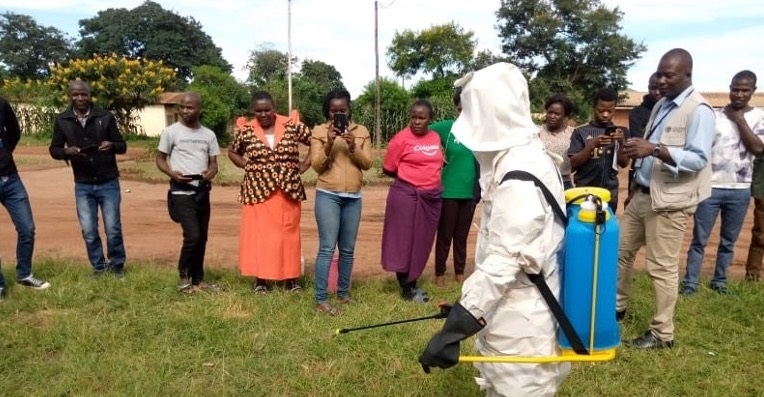Dernières nouvelles et mises à jour du partenariat
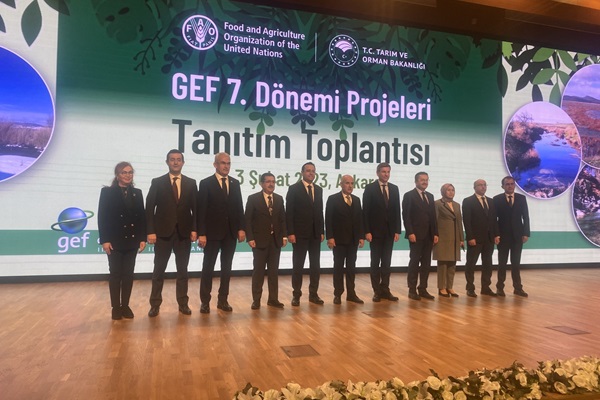
GEF projects launch in Türkiye
03/02/2023
Three GEF-7 projects were launched in Ankara that will focus on biodiversity conservation, sustainable forest management, ecosystem management, water conservation, and climate change mitigation in Türkiye. The projects are:
- Strengthening the conservation of biodiversity an...
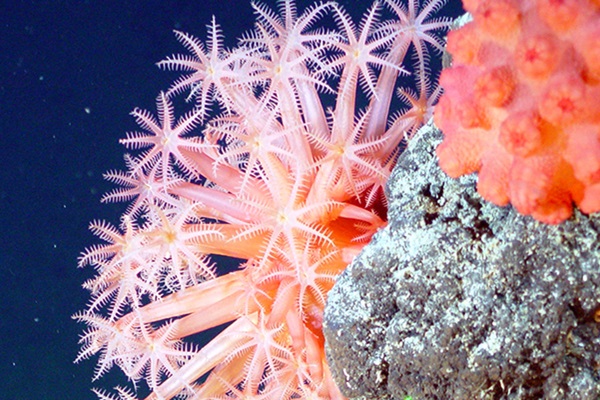
New Common Oceans deep-sea fisheries project committed to reduce impacts on marine habitats and achieve sustainable fisheries
24/01/2023
The GEF-funded partnership continues to address challenges and strengthen cooperation on deep-sea fisheries and biodiversity conservation in shared marine waters.
Read more in the

Dryland Sustainable Landscapes Integrated Program: MEV-CAM and InsightShare's Journey
19/01/2023
-resize.tmb-th600x400.jpg?Culture=en&sfvrsn=c8b77b89_1)
Sustainable Forest Management in Jezzine, Lebanon
27/12/2022

Conserving the marine food chain for current and future generations
14/12/2022
The Ecosystem Approach to Fisheries is a holistic management planning framework promoted by FAO that considers the environment and human societies as interconnected elements, and that facilitates the development of fisheries management systems that are based on this vision. The GEF-funded Coastal Fisheries Initiative promotes its application.
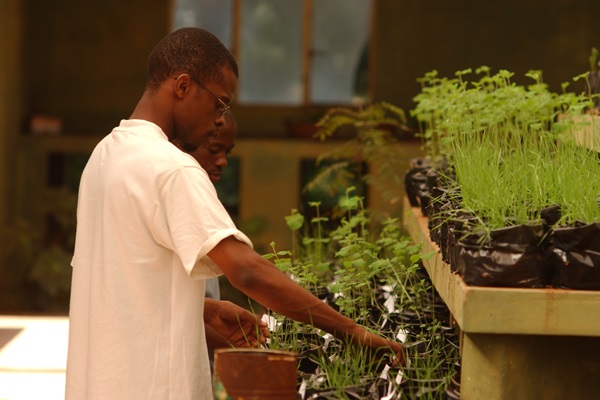
Global Environment Facility tasks FAO and IFAD to lead new $230 million agrifood systems transformation program
30/11/2022
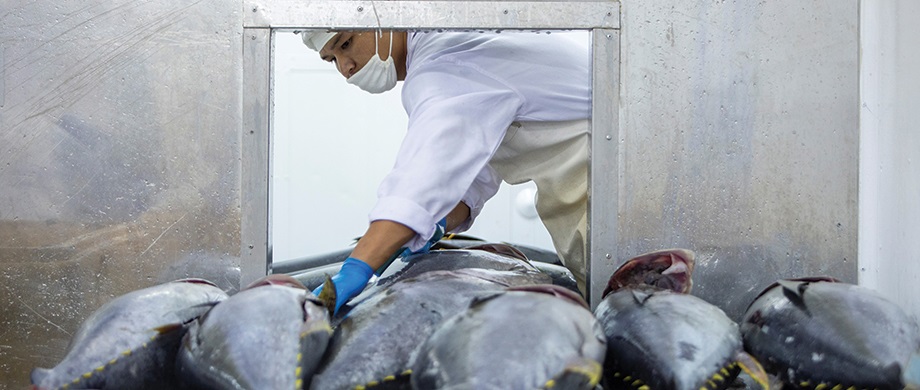
New tuna fisheries project poised to ensure all major tuna stocks are fished sustainably by 2027
09/11/2022
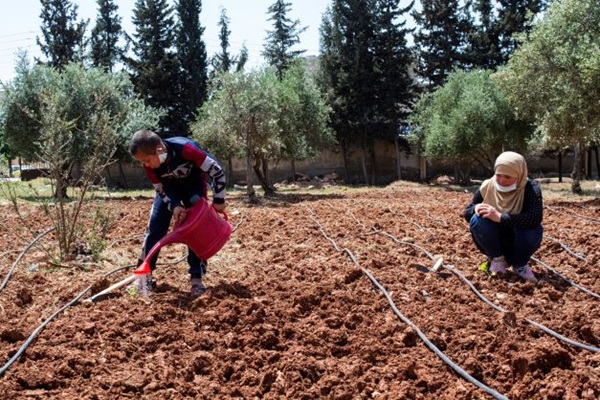
Accelerating agri-food systems transformation for planetary health through the FOLUR Impact Program
08/11/2022
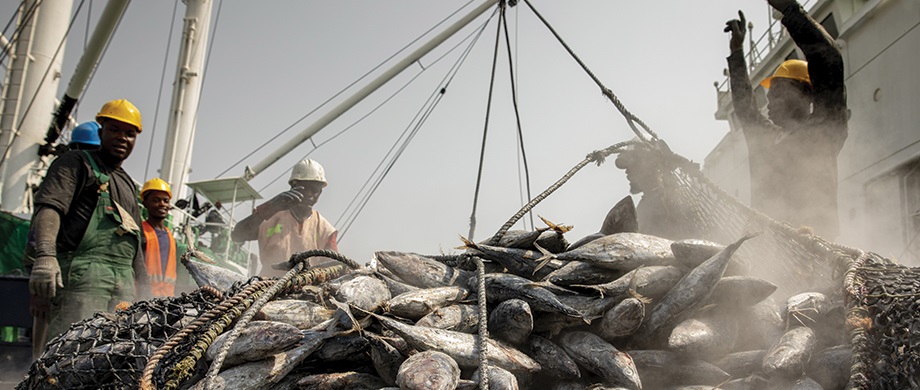
The Ocean Foundation and FAO launch groundbreaking knowledge hub for fisheries management
02/11/2022

Food Heroine: "Conditions are tough but we won't sit idly by, waiting for help"
16/10/2022
Mariama Sarr works as a seafood harvester ...
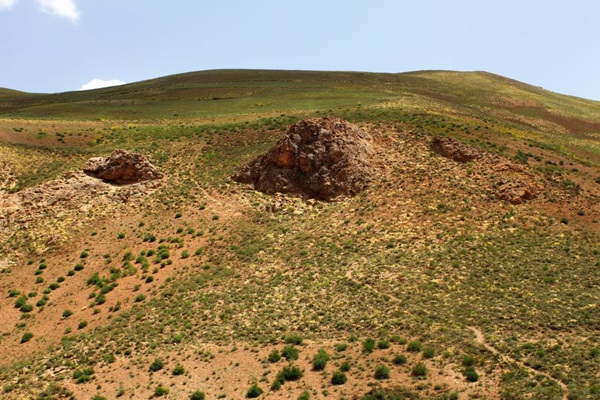
Rangeland rehabilitation measures reduces pressure on land, boosts household income and induces peace of mind in Afghanistan
25/09/2022
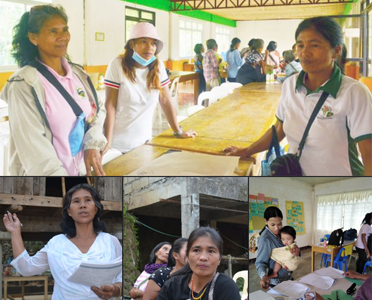
Agricultural heritage and a common drive bind three Ifugao women closer than blood
19/08/2022

Inclusive learning key to better forest data for climate action
05/07/2022

$18 million approved for FAO-led projects to close a historic GEF replenishment
22/06/2022

Le Roi et la Reine des Belges en visite au cœur des forêts claires de Miombo
15/06/2022
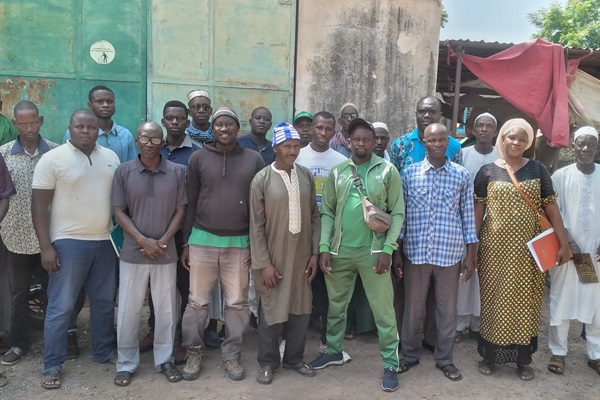
Managing pesticide packaging in West Africa: Progress in Missirah, Senegal
10/06/2022
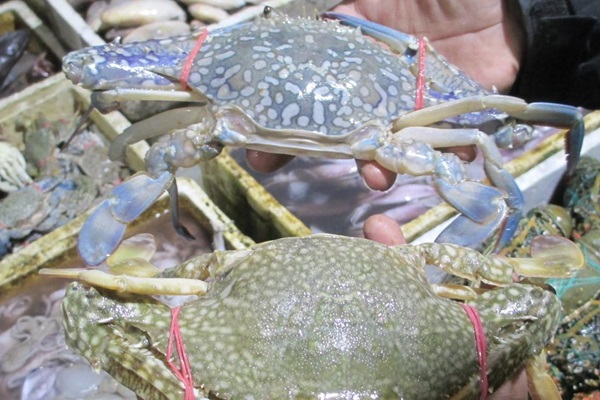
FAO-MMAF Indonesia partnership for sustainable Blue Swimming Crab fisheries
10/06/2022
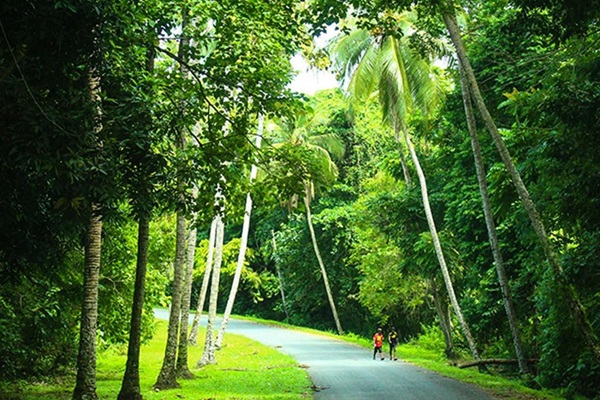
Improving transparency reporting in Papua New Guinea
07/06/2022
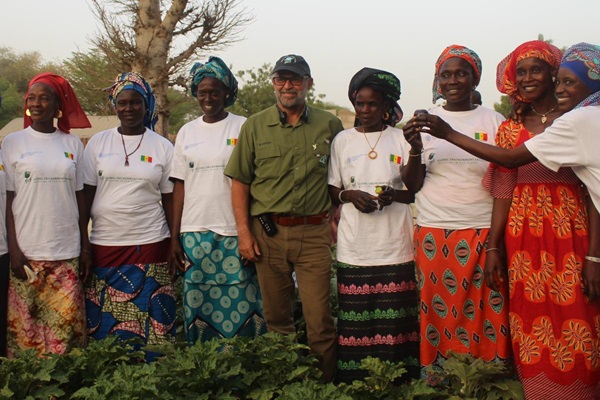
Le PDG du FEM visite un projet innovant de la FAO sur la résilience climatique au Sénégal
20/05/2022
